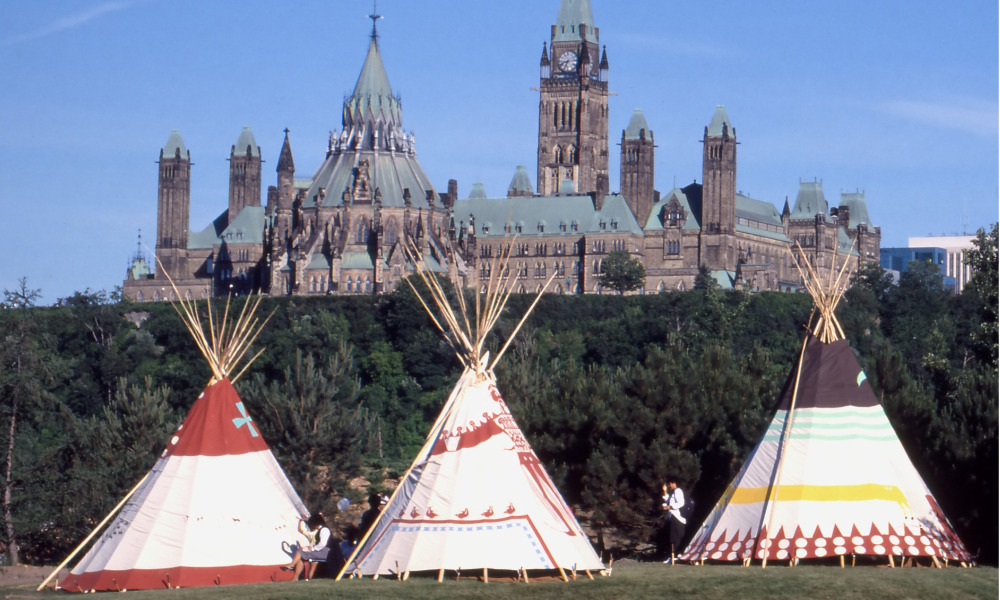Federation of Law Societies of Canada supports reconciliation efforts of law societies, law schools

The Federation of Law Societies of Canada has approved a statement of commitment to the Truth and Reconciliation Commission of Canada’s Calls to Action in its final report and has adopted guiding principles to keep Indigenous perspectives in mind.
The formal statement of commitment, unanimously approved by the Federation Council on Dec. 7, sets down the Federation’s dedication to advancing the TRC’s broad goals and to supporting the work of Canada’s 14 law societies, as their national coordinating body, and of law schools to improve the knowledge and competency of existing and aspiring legal professionals.
The Federation’s council approved the guiding principles, as well as all nine recommendations, found in the June 2020 report of the Federation’s Truth and Reconciliation Commission Calls to Action Advisory Committee. The Federation has committed to ensuring that all aspects of its efforts are informed by these guiding principles.
The Federation will also show its commitment through acting as the national information hub that shares the resources on TRC-related initiatives developed by law societies and law schools, through pinpointing collaboration opportunities with national Indigenous organizations and through working together with law schools and the legal academy. It will also encourage law societies to adopt a broad approach to reconciliation when making regulatory initiatives.
Read more: FLSC commits to framework promoting reconciliation with Indigenous peoples
The formal statement, developed in consultation with the Federation’s Advisory Committee and with Indigenous legal experts, contains an acknowledgement of the continuing effects of Canada’s history of colonization and residential schools on Indigenous peoples, including the traumas and inequities that impact the experience of Indigenous peoples with the justice system. The Federation recognized that, before common law and civil law were implanted in the country’s legal system, First Nations, Metis and Inuit peoples implemented their own legal systems, orders and traditions, which continue to exist.
The statement of commitment also includes an acknowledgment of the Algonquin peoples and other First Nation, Metis and Inuit peoples with whom the Federation shares lands. The Federation recognized the enduring relationship between Indigenous peoples and their lands. The Federation’s offices in Ottawa are found on the historic and unceded territory of the Algonquin Anishnabeg people, the Federation acknowledged.
The formal statement also discusses the role of legal regulators, law schools and lawyers in advancing reconciliation and an inclusive justice system. TRC’s Call to Action 27 urged the Federation to ensure lawyers receive the appropriate cultural competency training and skills-based training that will promote conflict resolution, human rights and anti-racism.
Law societies have responded to Call to Action 27 through creating continuing professional development programs. Law schools have responded to Call to Action 28 by developing academic initiatives seeking to ensure that future lawyers have the knowledge, awareness and skills to competently serve Indigenous clients.
The Federation is currently exploring how it can show its commitment via its national initiatives and via its relationships with law societies, law schools and national Indigenous organizations.










